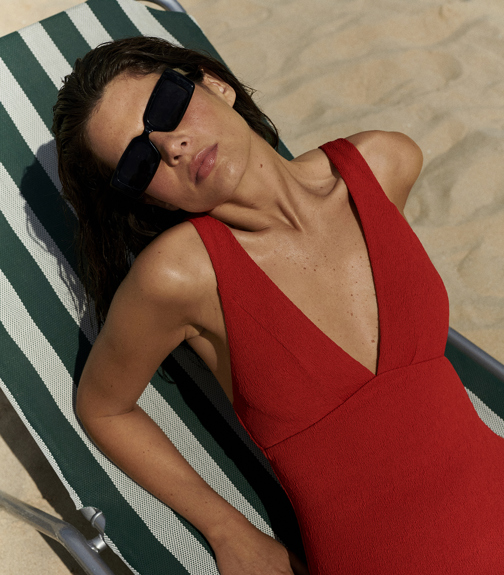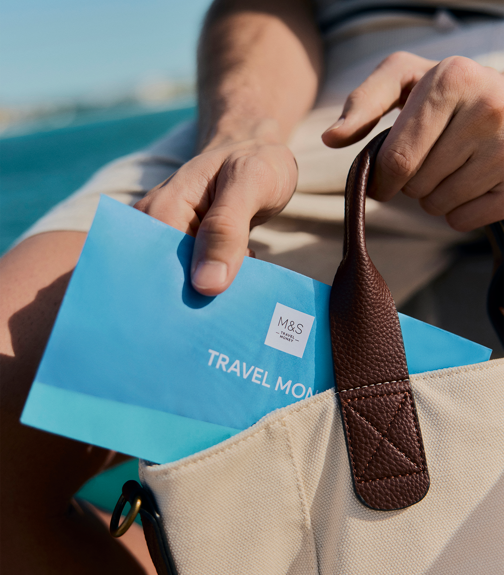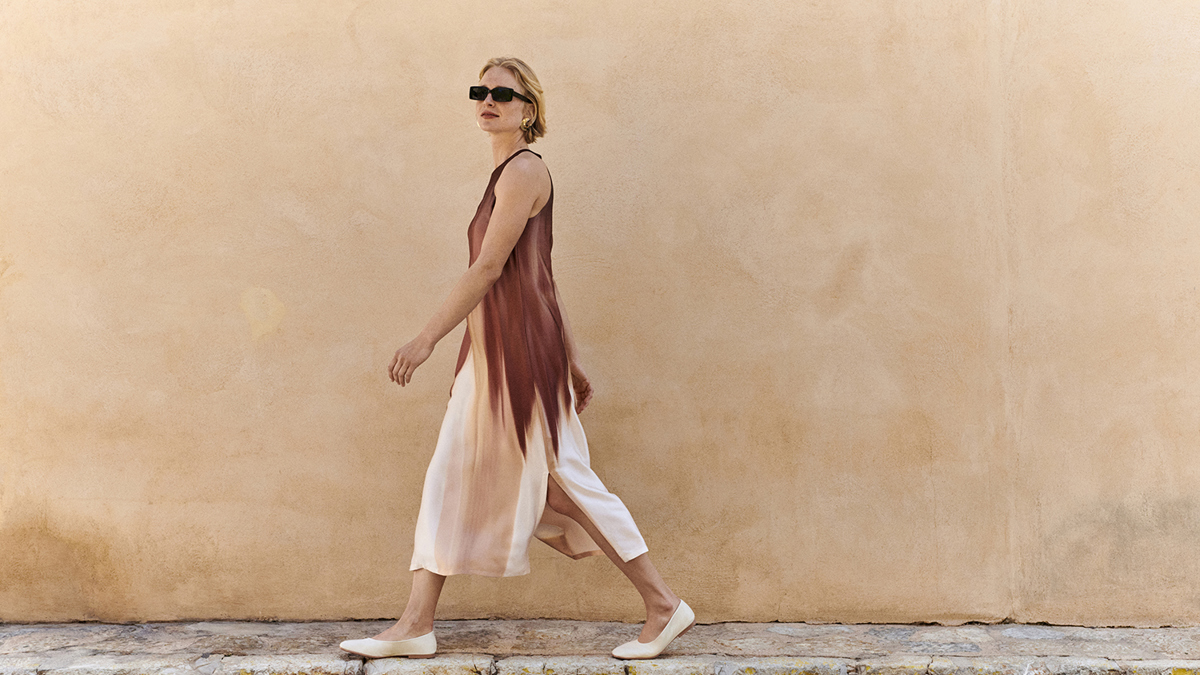How to buy Moroccan Dirhams
-
Buy Moroccan Dirham Online
Buy Moroccan Dirham online with Click & Collect at over 580 M&S stores. Use our Pounds to Moroccan Dirham (GBP to MAD) currency calculator to work out how many Moroccan Dirham you want. Pick your collection date and collect from your chosen M&S store.
Click & Collect Moroccan Dirham (MAD) in as little as 60 seconds.*
*Subject to availability
-
Buy Moroccan Dirham In-store
Buy Moroccan Dirhamin your local participating M&S store.* With over 90 Travel Money Bureaux nationwide - many open seven days a week. - you can buy Moroccan Dirham at a time that suits you.
*In-store rates may differ from online rates.

What you need to know about the Moroccan Dirham currency
The Moroccan Dirham is the official and legal tender of Morocco. Its currency code is MAD and its symbol is DH. Each Dirham contains 100 Santimat.
Moroccan Dirhams come in both coins and banknotes.
Coins include:
10 Santimat, 20 Santimat, 50 Santimat, DH1 (Dirham), DH2,DH5
Banknotes include:
DH20, DH50, DH100, DH200
You can buy Moroccan Dirhams online using our click & collect service or in person at a participating M&S store.
Please note not all denominations are available to exchange.

What you need to know about the Moroccan Dirham currency
The Moroccan Dirham is the official and legal tender of Morocco. Its currency code is MAD and its symbol is DH. Each Dirham contains 100 Santimat.
Moroccan Dirhams come in both coins and banknotes.
Coins include:
10 Santimat, 20 Santimat, 50 Santimat, DH1 (Dirham), DH2, DH5
Banknotes include:
DH20, DH50, DH100, DH200
You can buy Moroccan Dirhams online using our click & collect service or in person at a participating M&S store.
Please note not all denominations are available to exchange.

Guide to Morocco
From the maze-like medinas of Marrakech to the vast dunes of the Sahara, Morocco is a bucket list destination. Wander through ancient souks filled with spices and lanterns, sip mint tea in a riad, or lose yourself in the blue-washed streets of Chefchaouen. Every city, every alley, and every scent has a story to tell.
Beyond the cities, the landscapes are breathtaking. Trek across the Atlas Mountains, ride camels through the desert, or relax along the Atlantic coast - Morocco offers a journey as diverse as it is unforgettable.
Visiting Morocco isn't just about travel - it's about connection, culture, and creating memories that'll last a lifetime.
Frequently asked questions
Yes, you can buy Moroccan Dirhams (MAD) in the UK, but it's a closed currency. This means you can buy up to 2,000 Dirhams in the UK, while larger amounts must be purchased once in Morocco.
You can use bank cards throughout urban and tourist areas of Morocco. However, many businesses, particularly in rural areas, will only accept cash payments, so be sure to travel with cash Moroccan Dirhams. This will also help you avoid the fees, charges and unfavourable exchange rates associated with overseas card payments.
Morocco is generally a low-cost destination for tourists. For a comfortable travel experience, plan to spend around £60-£130 per day to cover accommodation, meals, and transportation costs.
Morocco's official currency is the Moroccan Dirham. Other foreign currencies aren't typically accepted.
British passport holders can visit Morocco for up to 90 days without a visa. If you're planning on staying for longer than 90 days, your visa can be extended by visiting a Moroccan police station. Work or study trips fall under different visa requirements, which you can check with the assistance of the Moroccan Consulate General in the UK.
Always check the entry requirements with your country's embassy before departing.
Although tipping in Morocco isn't mandatory, it's appreciated.
There are two official languages spoken in Morocco - Modern Standard Arabic and Standard Moroccan Berber (Amazigh). You'll also hear other languages spoken, such as:
- Moroccan Arabic (Darija)
- Berber languages
- French
- Spanish
- English
Morocco is generally considered a safe destination for travellers. However, it's always wise to check and follow any government travel advisories before your trip.
You can also visit the Foreign, Commonwealth & Development Office (FCDO) for the latest government travel advice for Morocco.
Spring and autumn are widely thought the best times to visit Morocco, when the cooler weather is ideal for sightseeing and exploring. September is particularly quiet, with fewer tourists and mild temperatures. Winter in Morocco can be cold, especially in the mountains, so be sure to wrap up warm.
Other popular currencies
If you’re planning a future holiday or a trip that takes in multiple destinations, these other currencies may be useful:


